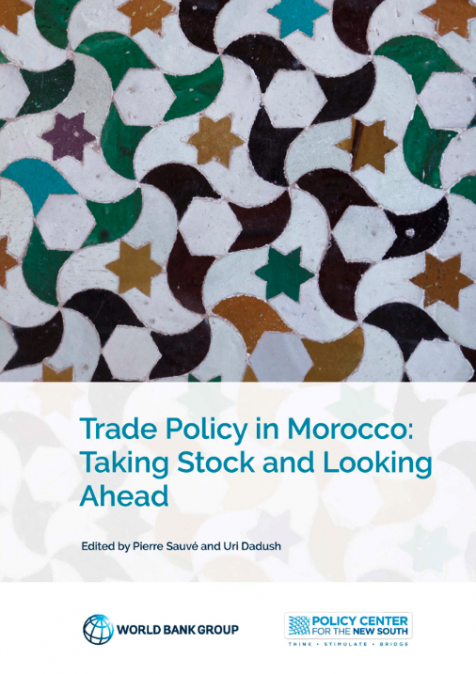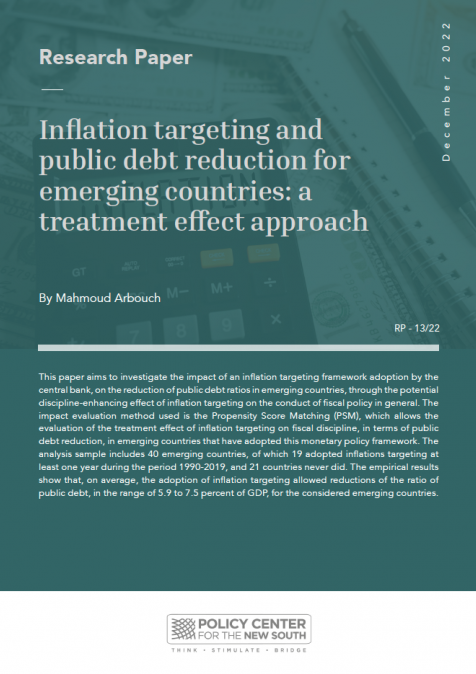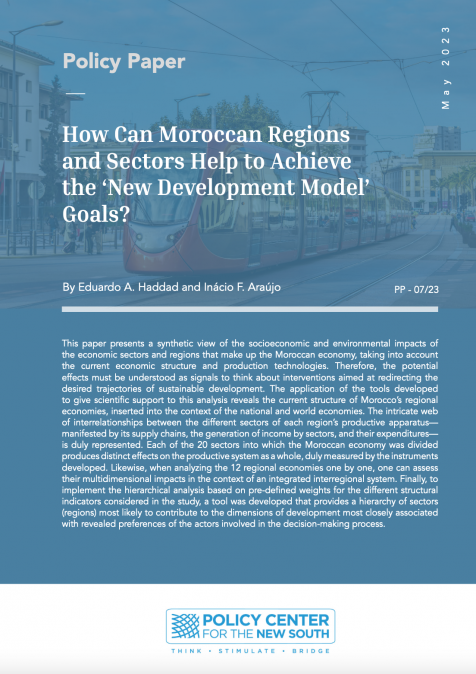Africafé - Africa's Economic Outlook 2024: Trends, Challenges, and Opportunities
Africa's economic narrative in 2024 is characterized by a blend of promise and caution. As the continent continues to diversify its economic base, transitioning away from traditional sectors, new opportunities emerge alongside persistent challenges. In this episode, we will provide a comprehensive analysis of the continent's macroeconomic trends, illuminating the factors shaping its economic landscape by identifying the primary drivers of growth or stagnation across diverse regions and industries. We will also examine how African nations are confronting critical issues such as inflation, debt sustainability and uncover the array of opportunities and potential risks awaiting investors and businesses keen on navigating Africa's economic prospects for the year ahead.












